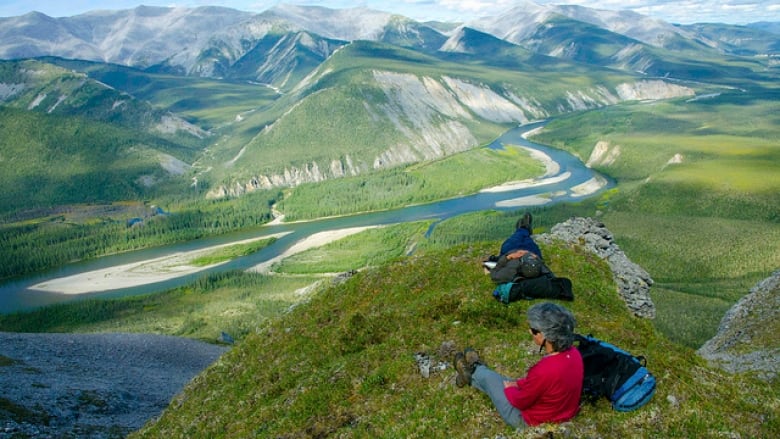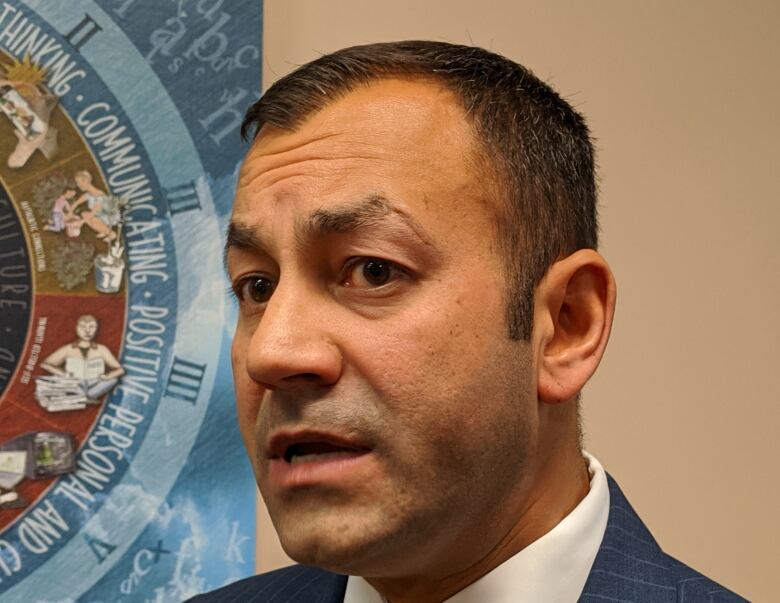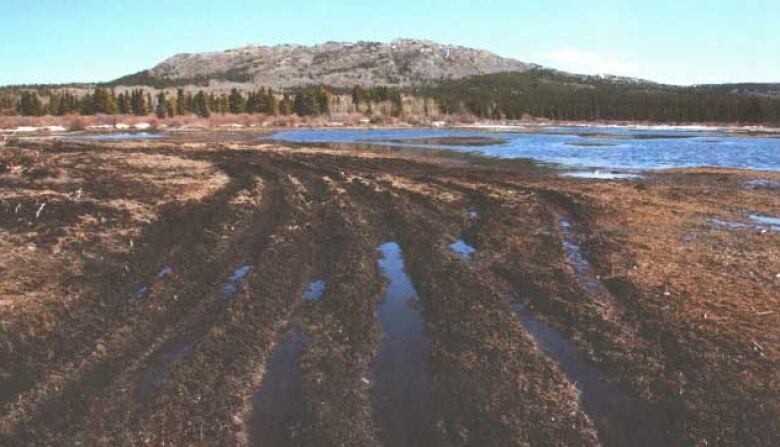Yukon to begin regulation of off-road vehicles in alpine areas
The contentious debate over regulation of all-terrain vehicles is more than 20 years old

The Yukon government is creating three zones where the use of off-road vehicles will be limited to designated trails.
They includetwo special protection areas and all alpine areas managed by the government that have an elevation of more than 1,400 metres,saidEnergy, Mines and Resources Minister Ranj PillaionThursday.
A new regulation passed by the government gives more control over where off-road vehicles can be used, said Pillai, adding that regulating off-road vehicles is contentious.
Those include quads, side-by-sides and other motorized vehicles. Snowmobiles are not included.
"We are really trying to get all Yukoners on board and understand how important it is to change some of the use and impact that we've seen in the past," the minister said.
Trail plans will be set up in the three zones, Pillai said, with certain routes that riders can continue to use.
The two special protection areas are a portion of the Peel watershed region and the Ddhaw Ghro Habitat Protection Area in central Yukon.

The debate over the use of off-road vehicles goes back more than 20 years.
Some wilderness users say the vehicles are tearing up alpine and other areas while others have resisted regulations.
Pillai said fines will eventually be used to enforce the lawbut education will be used first.The government is still working on many of the details including how much the fines will be.
The territory already has 25 Natural Resource officers and they will take on the enforcement, he said. Their current duties include enforcing mining laws, the Environment Act and other laws under territorial jurisdiction.

The creation of new management areas and trail plans will only come after public consultation, said Pillai.
The regulation does not apply to First Nation settlement land, federal parks and municipalities and communities, he said.
Future rules dealing with issues like licencing and registration will be dealt with through changes to the Motor Vehicles Act, Pillai said.












_(720p).jpg)


 OFFICIAL HD MUSIC VIDEO.jpg)
.jpg)



























































































